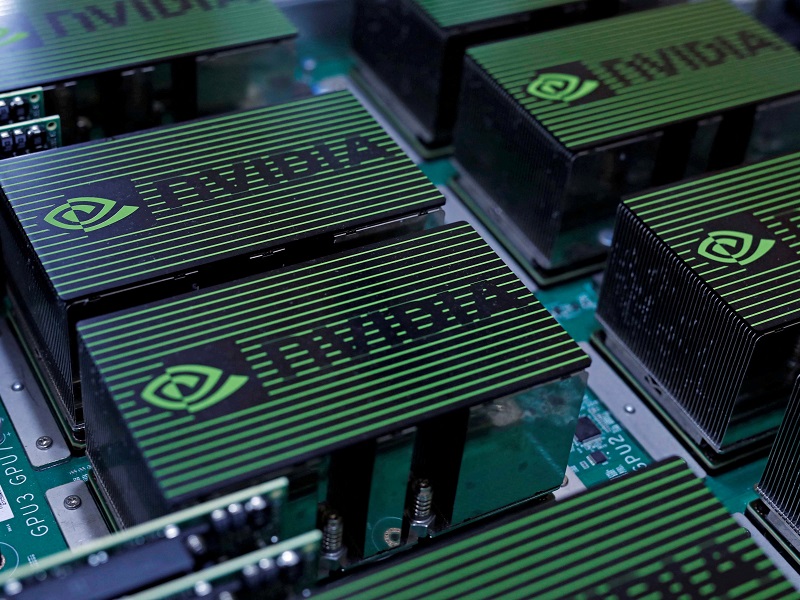Nvidia and AMD have agreed to give the US government 15 per cent of revenue from sales to China of advanced computer chips like Nvidia’s H20 that are used for artificial intelligence applications, a US official has confirmed.
US President Donald Trump’s administration halted sales of H20 chips to China in April, but Nvidia last month announced the US said that it would allow the company to resume sales and it hoped to start deliveries soon.
Another US official on Friday said that the Commerce Department had begun issuing licenses for the sale of H20 chips to China.
When asked if Nvidia had agreed to pay 15 per cent of revenues to the US, a Nvidia spokesperson said in a statement, “We follow rules the US government sets for our participation in worldwide markets.”

The spokesperson added: “While we haven’t shipped H20 to China for months, we hope export control rules will let America compete in China and worldwide.”
AMD did not respond to a request for comment on the news, which was first reported by the Financial Times earlier on Sunday. The US Department of Commerce did not immediately respond to a request for comment.
The Financial Times said the chipmakers agreed to the arrangement as a condition for obtaining the export licences for their semiconductors, including AMD’s MI308 chips. The report said the Trump administration had yet to determine how to use the money.
“It’s wild,” said Geoff Gertz, a senior fellow at Center for New American Security, an independent think tank in Washington, DC.
“Either selling H20 chips to China is a national security risk, in which case we shouldn’t be doing it to begin with, or it’s not a national security risk, in which case, why are we putting this extra penalty on the sale?”
US Commerce Secretary Howard Lutnick said last month the planned resumption of sales of the AI chips was part of U.S. negotiations with China to get rare earths and described the H20 as Nvidia’s “fourth-best chip” in an interview with CNBC.
Lutnick said it was in US interests to have Chinese companies using American technology, even if the most advanced was prohibited from export, so they continued to use an American “tech stack”.
The US official said the Trump administration did not feel the sale of H20 and equivalent chips was compromising US national security. The official did not know when the agreement would be implemented or exactly how, but said the administration would be in compliance with the law.
Alasdair Phillips-Robins, who served as an adviser at the Commerce Department during former President Joe Biden’s administration, criticised the move.
“If this reporting is accurate, it suggests the administration is trading away national security protections for revenue for the Treasury,” Phillips-Robins said.
Do you know more? Contact James Riley via Email.
